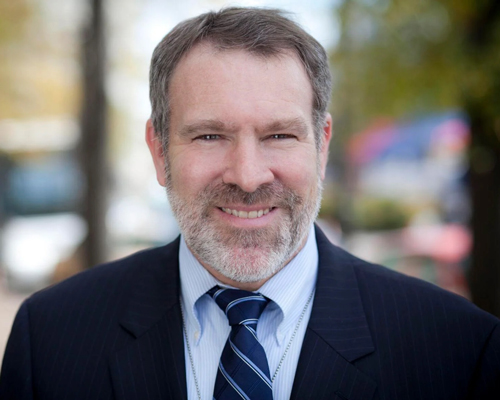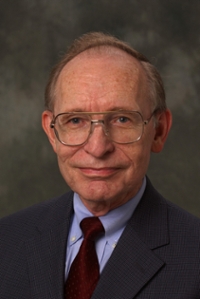July 07, 2023
SIU political experts: Politics playing a role in where people choose to live
CARBONDALE, Ill. — Decisions on moving to another state used to be based on the prospects of a better job, retirement or family. But a fairly new component — politics — is also becoming a factor, according to political experts at Southern Illinois University Carbondale.
John Shaw, director of the Paul Simon Public Policy Institute, notes “persuasive research” that shows that many Americans “are attracted to states in which state laws on issues such as abortion and guns reflect their values and preferences.”
Kenneth Mulligan, associate professor of political science, notes academic research confirming Americans “are sorting themselves out politically, including where they choose to live.”
And John Jackson, a visiting professor with the Paul Simon Institute, says choosing where to live based on politics, which is highlighted in a recent Associated Press report, is another sign of the nation’s polarization. “This trend will only be abated when we vote for leaders who will stress the crucial importance of what unites us as a nation.”
Media Availability
Kenneth Mulligan is an associate professor of political science in SIU’s School of Anthropology, Political Science and Sociology. His research and teaching involve American political behavior, media and politics, and public opinion. He can be reached at 618-201-9634 and kmulliga@siu.edu.
John Jackson, Paul Simon Public Policy Institute visiting professor, has more than four decades of political expertise and research in presidential politics, campaigns and elections. He can be reached at 618-303-1240 or jsjacson@siu.edu.
John Shaw, director, Paul Simon Public Policy Institute, spent 26 years in Washington, D.C., covering Congress and economic issues for Market News International before his arrival at SIU Carbondale in 2018. He has been a guest on the PBS NewsHour and C-SPAN. He can be reached at 618-453-4009 or john.shaw@siu.edu.
Note: Individual head shots are posted with the full story.
 Shaw notes that it was less than 20 years ago when then-Illinois state senator and future President Barack Obama spoke at the 2004 Democratic National Convention in Boston “with a riveting speech that proclaimed, ‘There is not a liberal America and a conservative America, there is a United States of America.’
Shaw notes that it was less than 20 years ago when then-Illinois state senator and future President Barack Obama spoke at the 2004 Democratic National Convention in Boston “with a riveting speech that proclaimed, ‘There is not a liberal America and a conservative America, there is a United States of America.’
“Historians and political analysts will debate if Obama’s assessment of America in 2004 was accurate, but his words do not seem to capture the reality of the United States in 2023. Persuasive research shows that on average Democrats and Republicans are further apart ideologically now than at any time in the last half century. And many Americans are moving to communities in which they feel more politically and culturally comfortable. They are attracted to states in which state laws on issues such as abortion and guns reflect their values and preferences.
“This broad trend is relevant to Illinois which has become — and is nationally known as — a solidly blue state with public policies that reflect this political reality.”
 Mulligan notes academic research confirming Americans “are sorting themselves out politically, including where they choose to live.
Mulligan notes academic research confirming Americans “are sorting themselves out politically, including where they choose to live.
“Potential advantages include enjoying a community where your neighbors and the laws reflect your values while also avoiding the aggravation of having to tolerate people and laws you might think are unconscionable. Voting with your feet is a time-honored reflection of American freedom and democracy. “Potential disadvantages to geographic political sorting include groupthink leading to a spiral of even greater polarization and negative stereotyping of political opponents, incivility and perhaps in the extreme, if it were to continue over the long term, civil war.”
 Jackson said people moving “because of the culture wars is a somewhat new trend.” The weather “was the original creator of the movement to the Sun Belt, after air conditioning was invented” along with jobs, career opportunities and taxes.
Jackson said people moving “because of the culture wars is a somewhat new trend.” The weather “was the original creator of the movement to the Sun Belt, after air conditioning was invented” along with jobs, career opportunities and taxes.
“The culture wars will become another driver for the polarization which besets us, and it will add to the divide,” Jackson said. “This trend will only be abated when we vote for leaders who will stress the crucial importance of what unites us as a nation. The flag waving and patriotic rhetoric of the Fourth of July stresses that message of unification. It should not be a narrative that fades with the fireworks.”
